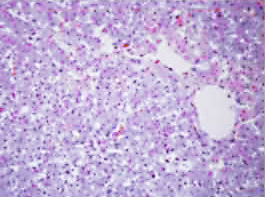Tag: Research
-

Mesulam Center Celebrates 30th Annual Alzheimer Day
The Mesulam Center for Cognitive Neurology and Alzheimer’s Disease celebrated its 30th Annual Alzheimer’s Day on May 3, 2024, where researchers and community members came together to learn about recent accomplishments in the field, early-onset Alzheimer’s and community efforts raising awareness for those experiencing cognitive decline.















